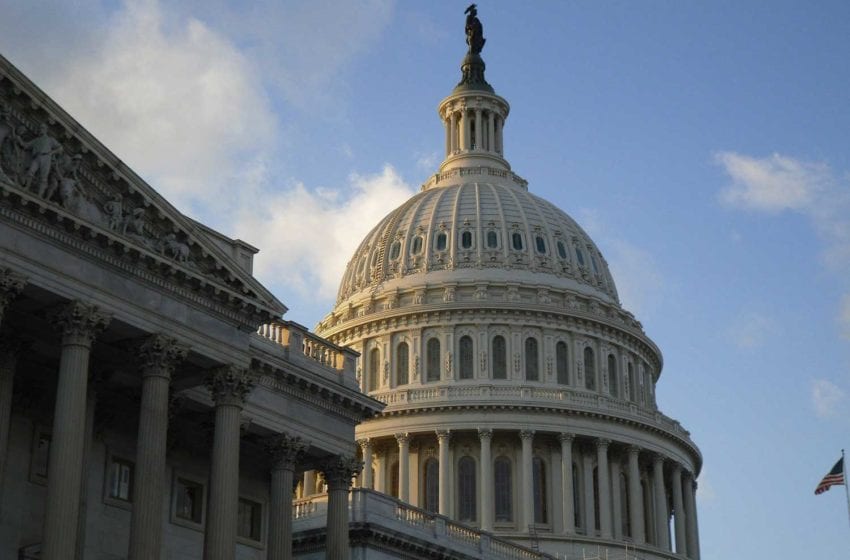The regulation of synthetic nicotine has been a recent focus for many U.S. states. If a yet-to-be unveiled budget bill is passed, it is expected to include giving the U.S. Food and Drug Administration new powers to regulate synthetic nicotine, a lawmaker confirmed on Tuesday. The omnibus appropriation bill is slated to be passed in the next few days.
Language included in the omnibus spending package bill to fund the government through September would give the FDA the authority to regulate products that contain nicotine but aren’t derived from tobacco, such as synthetic nicotine, according to a document obtained by Bloomberg.
Congress has tried numerous times over the past year to give the FDA authority over synthetic products. The FDA said last year that synthetic nicotine could be considered a component of e-cigarettes, which would allow for the product to be regulated by the agency. Many states have already begun banning synthetic products.
Sens. Richard Burr, Dick Durbin and Patty Murray, along with Rep. Frank Pallone led the effort to get the language into the omnibus, according to two Senate sources familiar with the discussions. “This is an enormous win for public health and American consumers,” Pallone said in a statement. “I’m grateful to members on both sides of the aisle for working with me to close this loophole in the omnibus.”
The change will stop “bad actors attempting to evade FDA regulation and hook a new generation of young people into a lifetime of nicotine addiction,” Pallone said.
Public health groups have been warning that synthetic nicotine e-cigarettes such as Puff Bar have grown in popularity among teens while skirting FDA oversight. The FDA has authority to regulate natural tobacco products, but it’s unclear if that extends to lab-made nicotine.
More than a quarter of middle and high school e-cigarette users reported using Puff Bar as their usual brand, according to a survey from the Centers for Disease Control and Prevention. Puff Bar didn’t immediately respond to a request for comment.
The same survey found brands that use traditionally derived nicotine, such as those sold by Vuse, SMOK, and JUUL Labs Inc., are also popular among teens, even though people under age 21 can’t purchase them legally.

